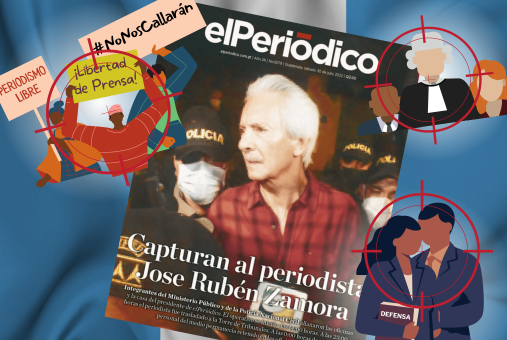
The arrest and court case of journalist José Rubén Zamora raises suspicions of a strategy by the Guatemalan government to silence the press and even political opponents in the midst of an electoral campaign flooded with allegations of corruption, according to analyses by journalists and human rights experts.
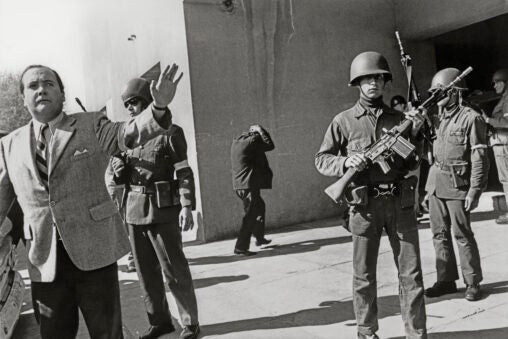
Exhibition in São Paulo presents previously unpublished photographs by Brazilian photojournalist Evandro Teixeira during the first days of the Augusto Pinochet dictatorship in Chile, among others. The exhibition prompts a reflection on the role of the press and photography in authoritarian contexts.
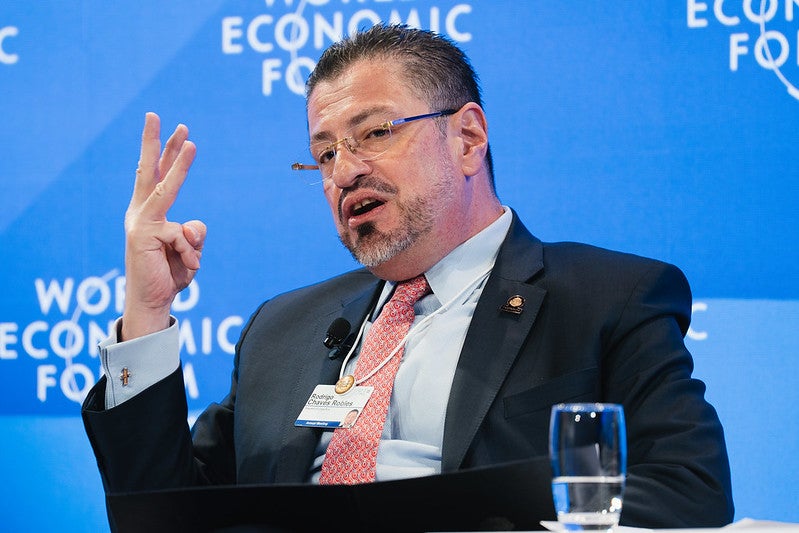
In a series of unprecedented events in the 'Switzerland of Central America,' Rodrigo Chaves uses authoritarian rhetoric and the state apparatus to persecute independent media. Defenders of free speech and journalists believe democracy will survive, but see risks of violence.
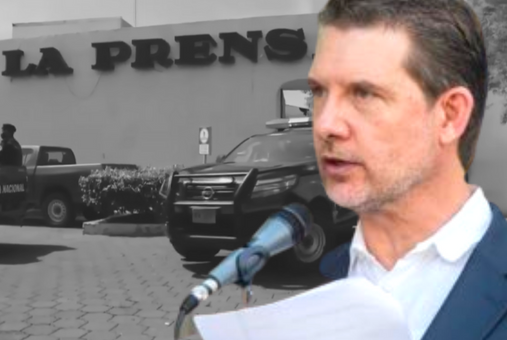
Juan Lorenzo Holmann, former general manager of the newspaper La Prensa, is convinced that the newspaper, which is under siege by Daniel Ortega's regime, will rise up as it has done at other times in its history. He also hopes to be reunited with his wife in Nicaragua, from where he was deported to the United States along with more than 200 political prisoners.
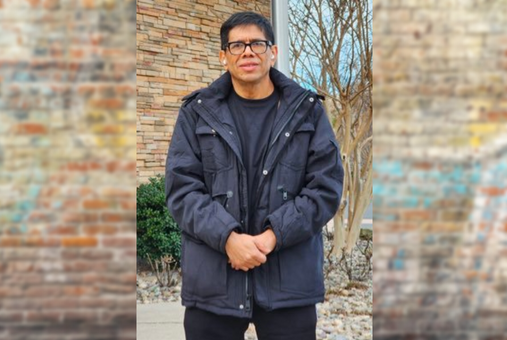
Miguel Ángel Mendoza Urbina became a go-to source of information on social media on April 19, 2018, when anti-government protests erupted in Nicaragua. Mendoza’s work led to his arrest on June 21, 2021. Less than two years later, on Feb. 9, 2023, Mendoza was among 222 political prisoners unexpectedly released by Nicaraguan authorities and deported to the United States.

Attorneys for the Knight First Amendment Institute at Columbia University are hopeful that Pegasus manufacturer NSO Group will be held accountable in their lawsuit on behalf of Salvadoran journalists. Reporters from the news site El Faro believe the suit will set an important precedent for the protection of journalists across the globe.
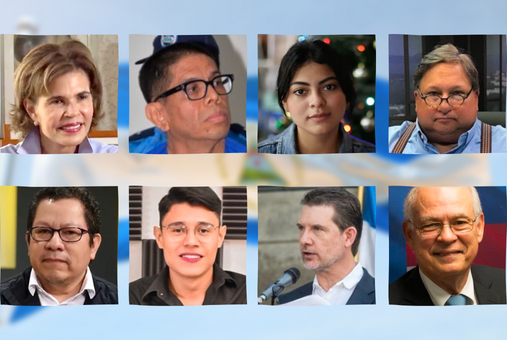
At least eight journalists, media entrepreneurs and journalism students were among the 222 political prisoners released and exiled to the United States, while Daniel Ortega's regime threatens to strip away their citizenship and rights as Nicaraguans.
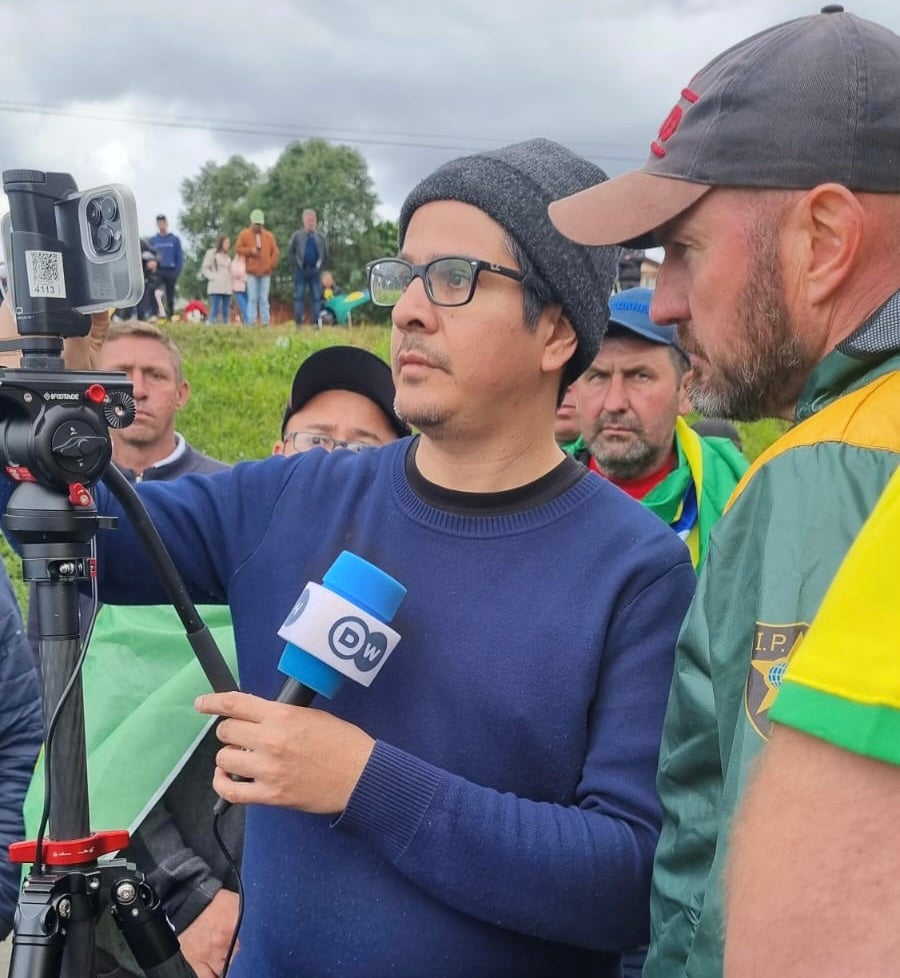
Since Nov. 1, demonstrations by Bolsonaro supporters questioned election results by blocking national and interstate highways with trucks and tractors. Journalists covering the events were assaulted and intimidated while exercising press freedom. LatAm Journalism Review interviewed two journalists on the ground. Both suffered incidents and intimidation and told us about their experiences in the field.
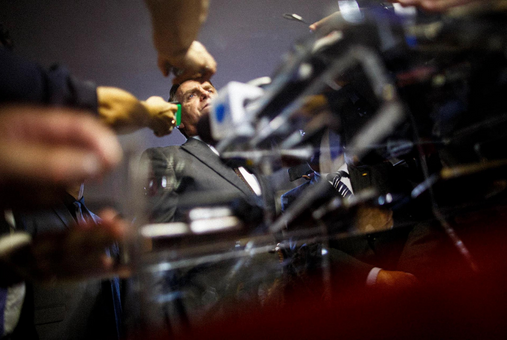
Brazilian journalists have lived through years of violence, persecution and exhaustion under outgoing president Jair Bolsonaro. Amplified by the COVID-19 pandemic, this stressful environment helped Brazilian journalism make strides, but also exposed its inconsistencies.
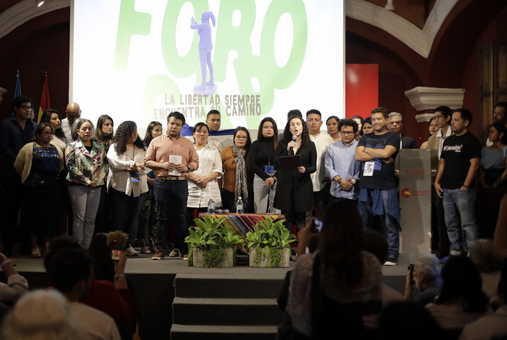
Faced with the recent escalation of attacks on freedoms of the press and expression in Costa Rica, El Salvador, Guatemala, Honduras, and Nicaragua, journalists from these countries have come together to create the Red Centroamericana de Periodistas [Central American Network of Journalists]. Guatemalan Marielos Monzón, one of the Network’s founders, spoke to LatAm Journalism Review (LJR) about the goals and lines of work of this initiative in defense of journalism and the citizens’ right to be informed.
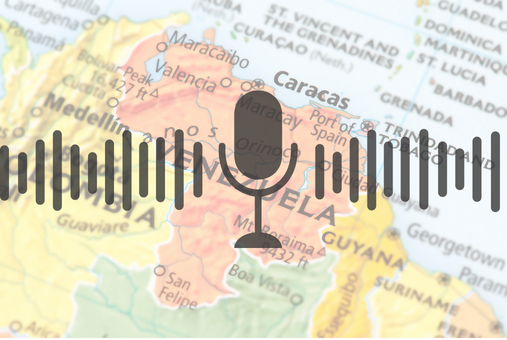
Venezuela has been subjected to a dismantling of its media ecosystem in recent decades. During the year 2022, at least 95 radio stations have been closed in the country, Zulia state being the most affected. These closures seriously undermine citizens' right to know and the conditions to practice journalism.
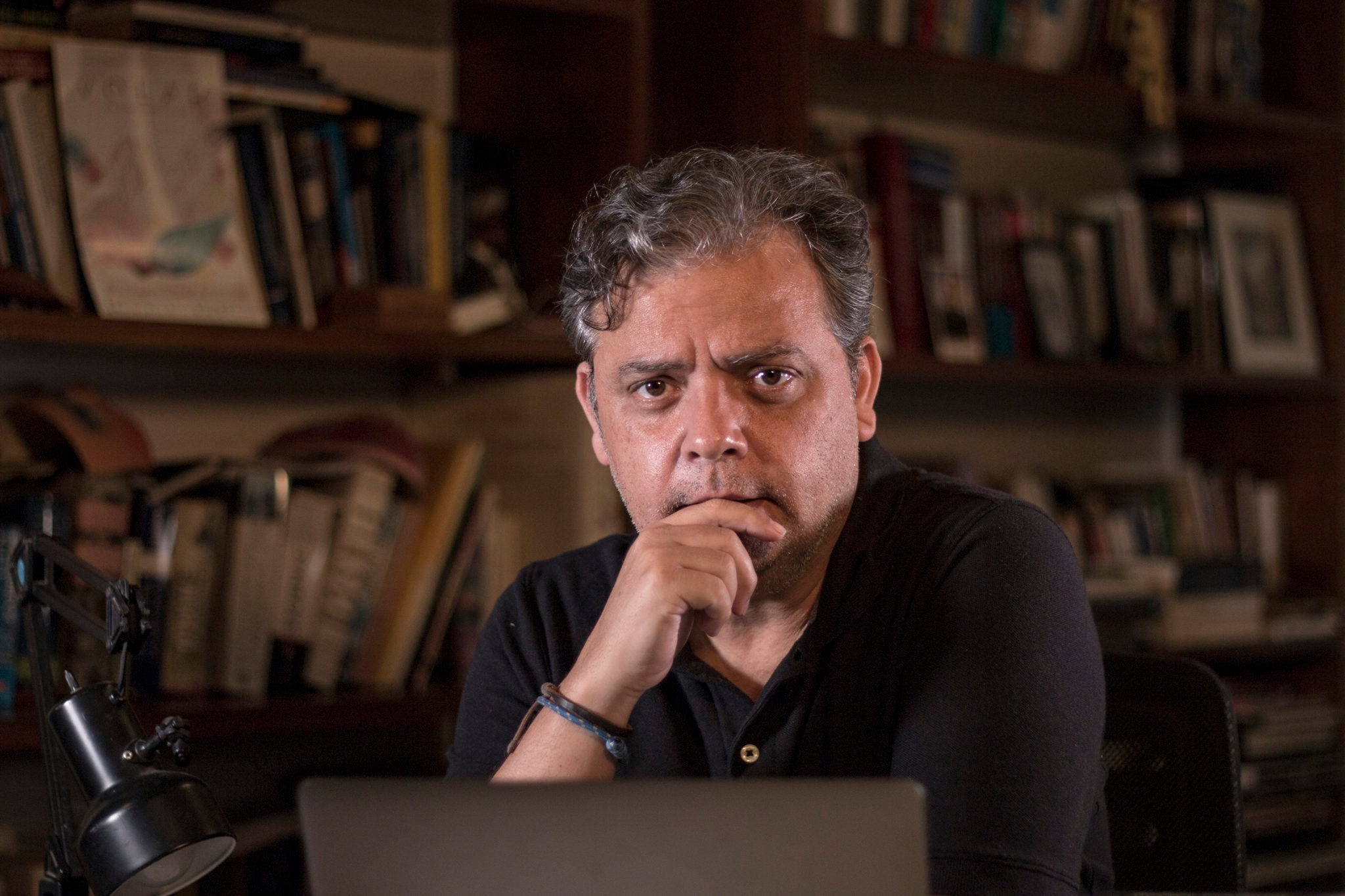
Carlos Dada and his team at El Faro have illuminated the dark corners of his country and surrounding region since he co-founded the outlet — the first digital-only media initiative in Latin America — with entrepreneur Jorge Simán in 1998. For doing so, they have drawn the ire of an increasingly authoritarian Salvadoran government.